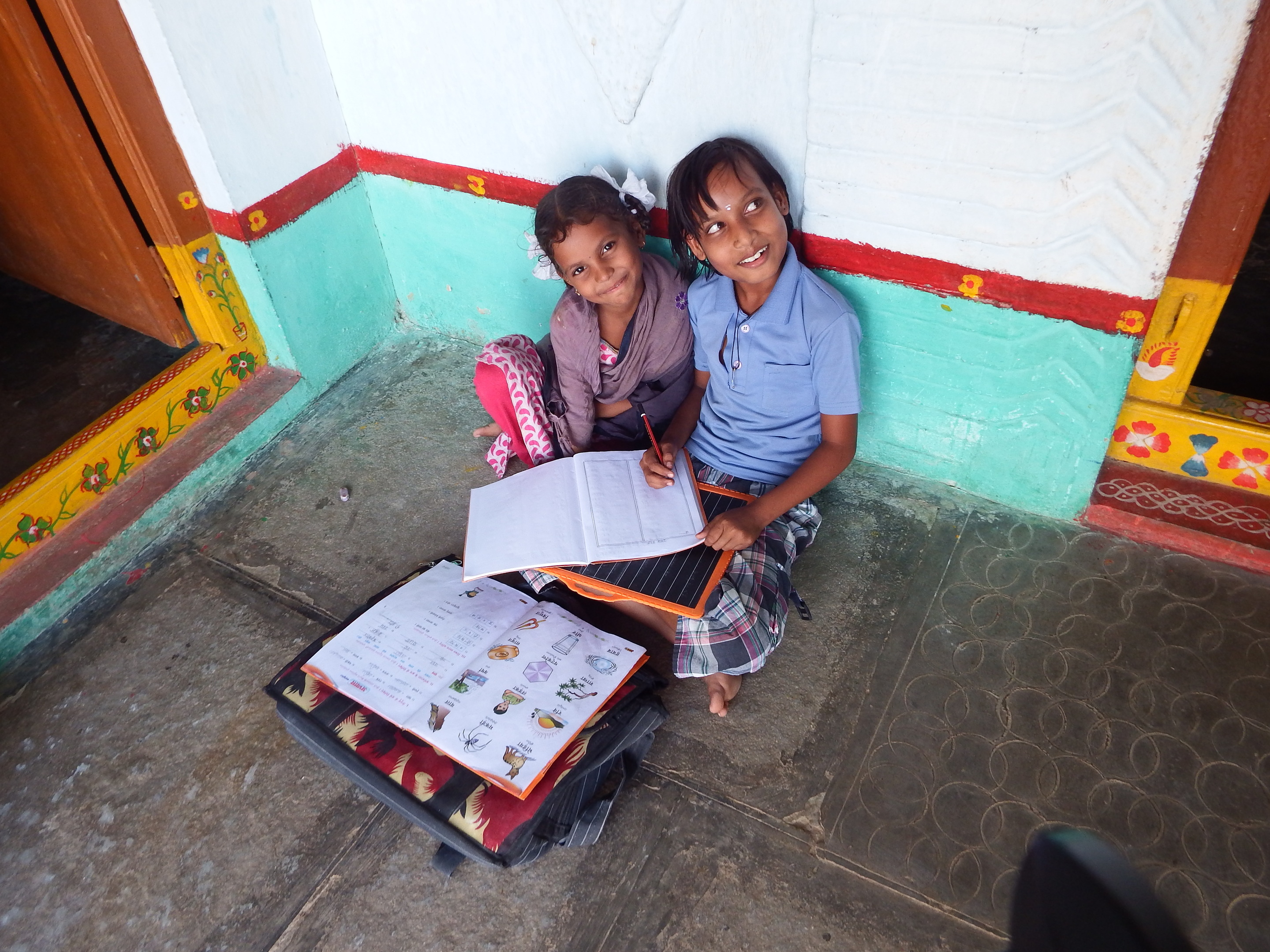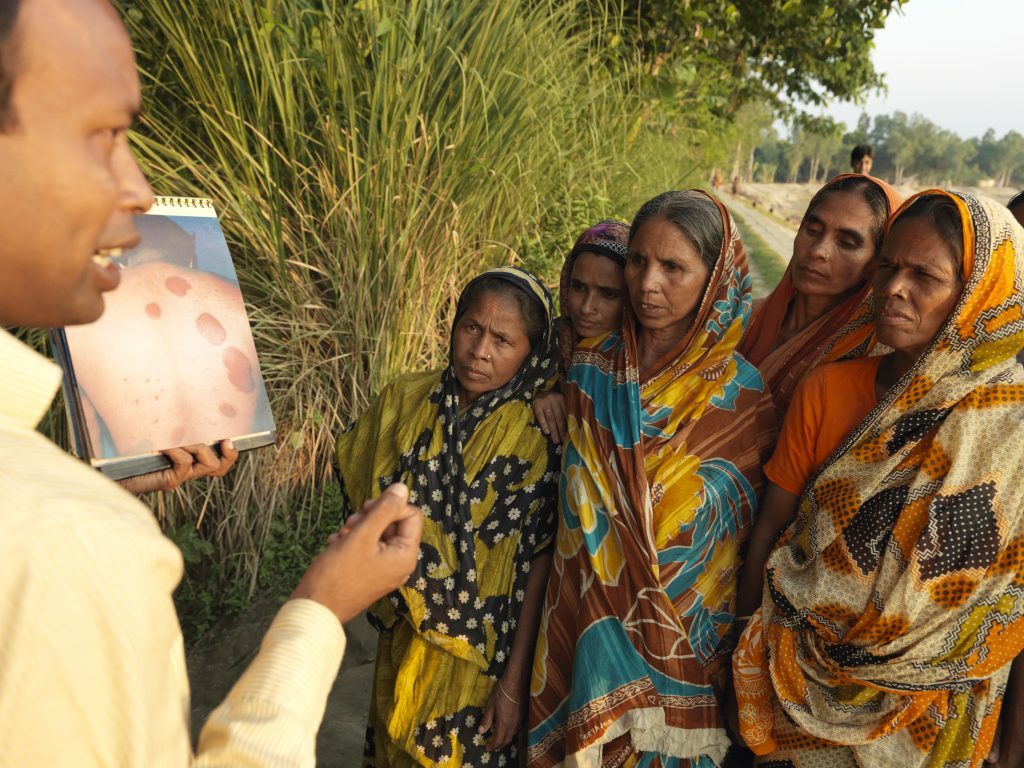
WORLD Leprosy Day is on January 29 (tomorrow).
My point of reference for the disease is, I suspect like many, Biblical epic Ben-Hur so I think I’m not alone in being surprised there’s still a need for such an awareness event.
“It is really something people in the UK don’t know still exists,” says Rachel Skillen of Lepra, a charity dedicated to helping those affected by leprosy.
“It’s seen as a Biblical disease, probably an extinct one.
“Because we don’t really have very many cases in the UK, it’s not widely known that it’s still a big issue around the world affecting areas with the most-vulnerable people, developing countries.
“We work in India, Bangladesh and Mozambique and last year there were more than 210,000 new cases diagnosed, and a lot of those were children, some as young as three.
“This shouldn’t be the case because leprosy is curable,” adds Rachel.
“There is a solution to this disease and it’s just a matter of raising awareness to get that support to allow us to reach more people.
“The treatment’s actually free, but the barrier to people coming forward for it is this stigma that surrounds leprosy and the fact people don’t know it exists themselves, even if they have the symptoms.
“Doctors may not even recognise the symptoms so we train them to build up that knowledge in their own countries.
“We think there are about three million who are currently living undiagnosed, and a further four million who have been diagnosed but are living with a disability caused by leprosy.”
Leprosy is a disease of the skin and nerves caused by bacteria.
It can cause a loss of sensation making people vulnerable to injuries which, when left untreated, can become infected and lead to life-changing disabilities.
Rachel explains: “It can be devastating if it’s not treated in time.
“If it affects your hands and your feet that can cause problems with mobility, while it may cause your eyelids to not function effectively so they stay open and that leaves the eyes prone to infection.
“It is, in fact, the infections that cause the disabilities, perhaps where someone has touched something hot but not realised it and that’s become infected.
“It can just get worse and worse to the extent amputation becomes necessary.
“Nowadays, that’s not so common, but you can get something called a clawed hand when the muscles and nerves are damaged and eventually your hand closes up and you can’t use it.
“And in the feet, it can cause foot drop, which is when you lose the ability to raise your foot, making walking incredibly difficult.
“Unfortunately, even if you’ve been treated, once you’ve lost that sensation, it’s very hard to get it back as the nerves have been damaged,” explains Rachel.
“There’s work you can do with physiotherapy to increase mobility and also surgery, but the best thing is to diagnose it early enough so there aren’t those disabilities.
“And there’s still stigma as well.
“We support 99 of the 730-plus leprosy colonies in India where it’s now less common for people to go, but people still live there because they’ve been there all their lives.
“It’s become home, but they’re segregated from society and perhaps the only way they can make a living is by begging.
“Children drop out of school because of bullying, or maybe they can’t do their schoolwork because they can no longer hold a pencil so they fall behind.
“There’s still the thought it’s a curse, which makes it difficult for people to come forward and risk other people knowing.
“But the thing is, it’s completely curable,” says Rachel.
“A course of multi-drug therapy for six to 12 months will do that if it’s diagnosed early enough, killing and stopping the disease so you won’t be contagious any more.
“It’s actually relatively hard to catch.
“Many are immune to it and it doesn’t live outside the human body, so we don’t have the exact knowledge of how it’s transmitted — we think it’s to do with water droplets from coughs and sneezes and living in close proximity.
“Also, poor sanitation and nutrition lowers the immune system which allows the disease in.
“Many from the developed world would probably fight it off because of their better immunity.
“It attacks the most vulnerable, and it can be a vicious circle as they may already be in poverty but are then driven into more extreme poverty because they’re unable to work or attend school.
“And, of course, there’s the stigma involved.
“We’re working to break that cycle and help people rebuild their lives in the face of the poverty and prejudice that surrounds leprosy.”

Enjoy the convenience of having The Sunday Post delivered as a digital ePaper straight to your smartphone, tablet or computer.
Subscribe for only £5.49 a month and enjoy all the benefits of the printed paper as a digital replica.
Subscribe